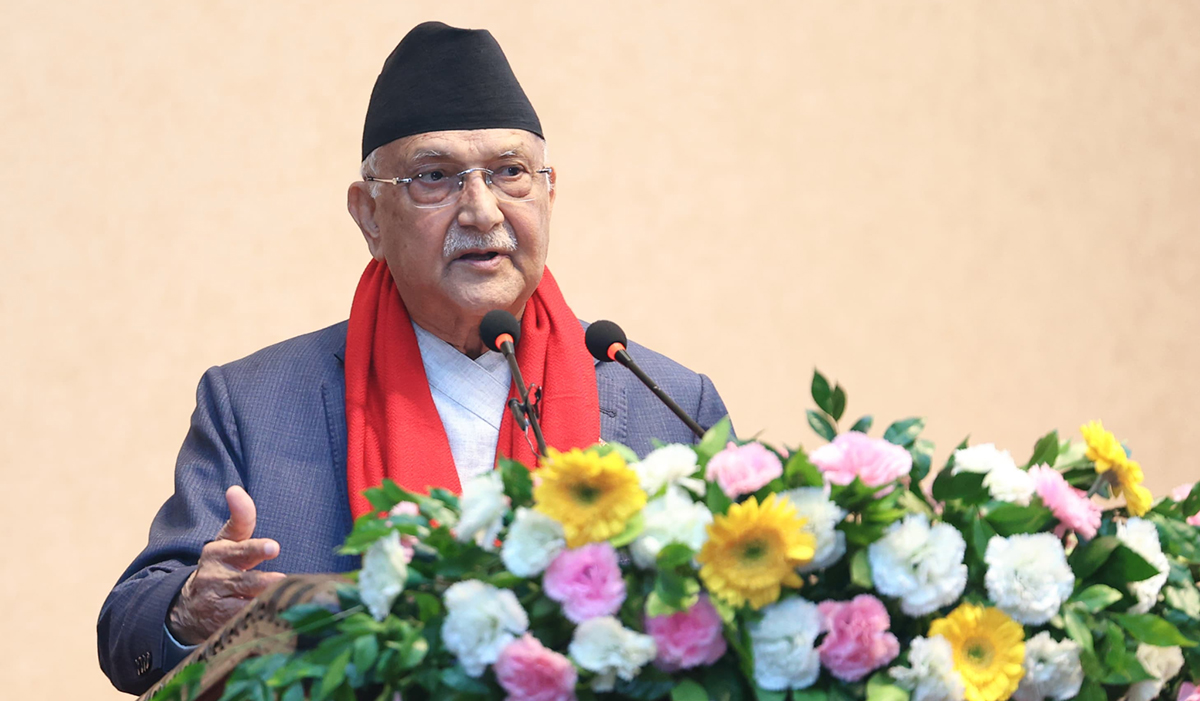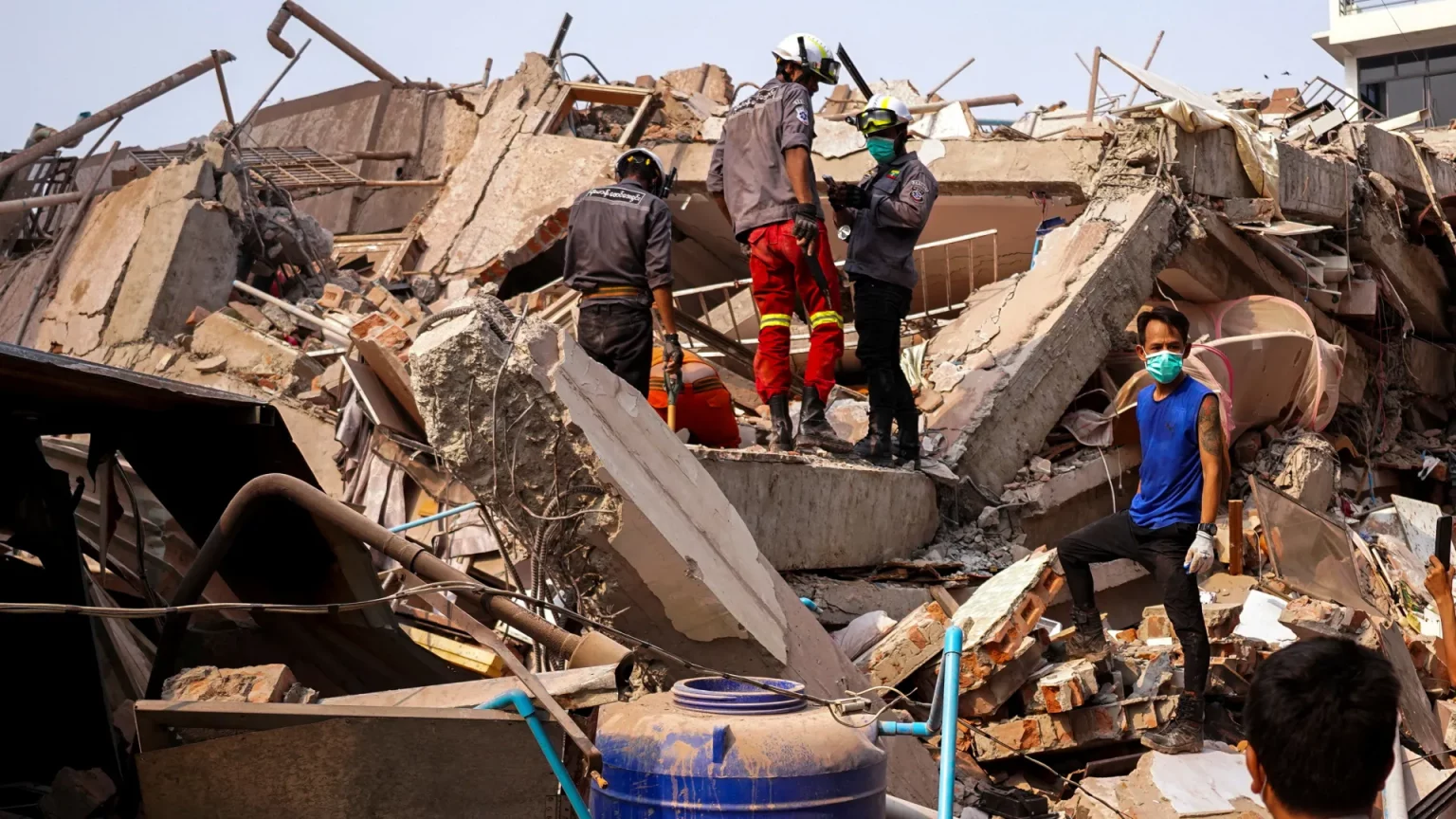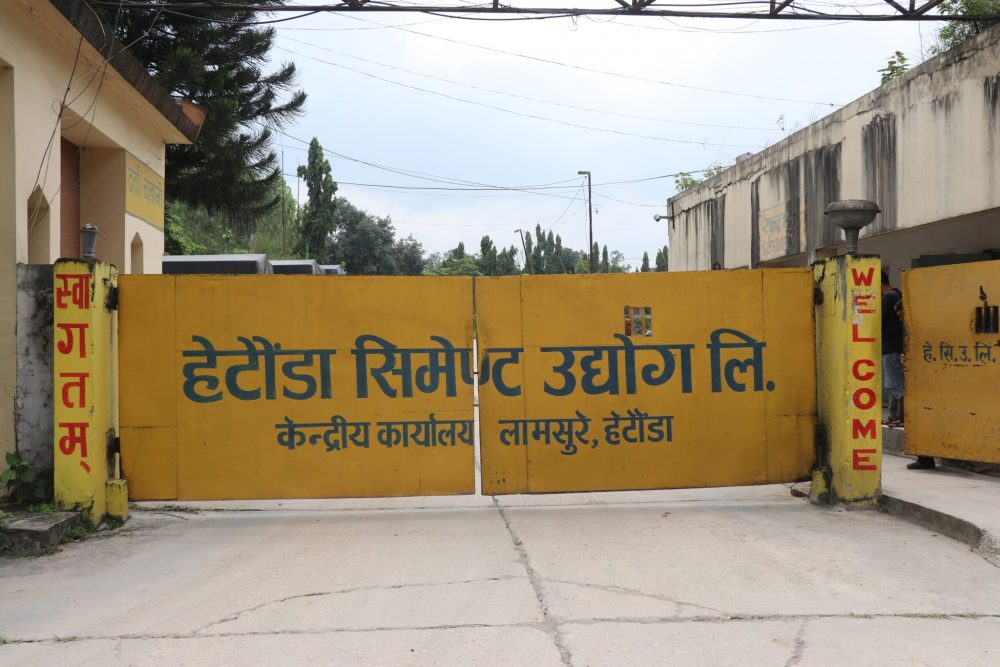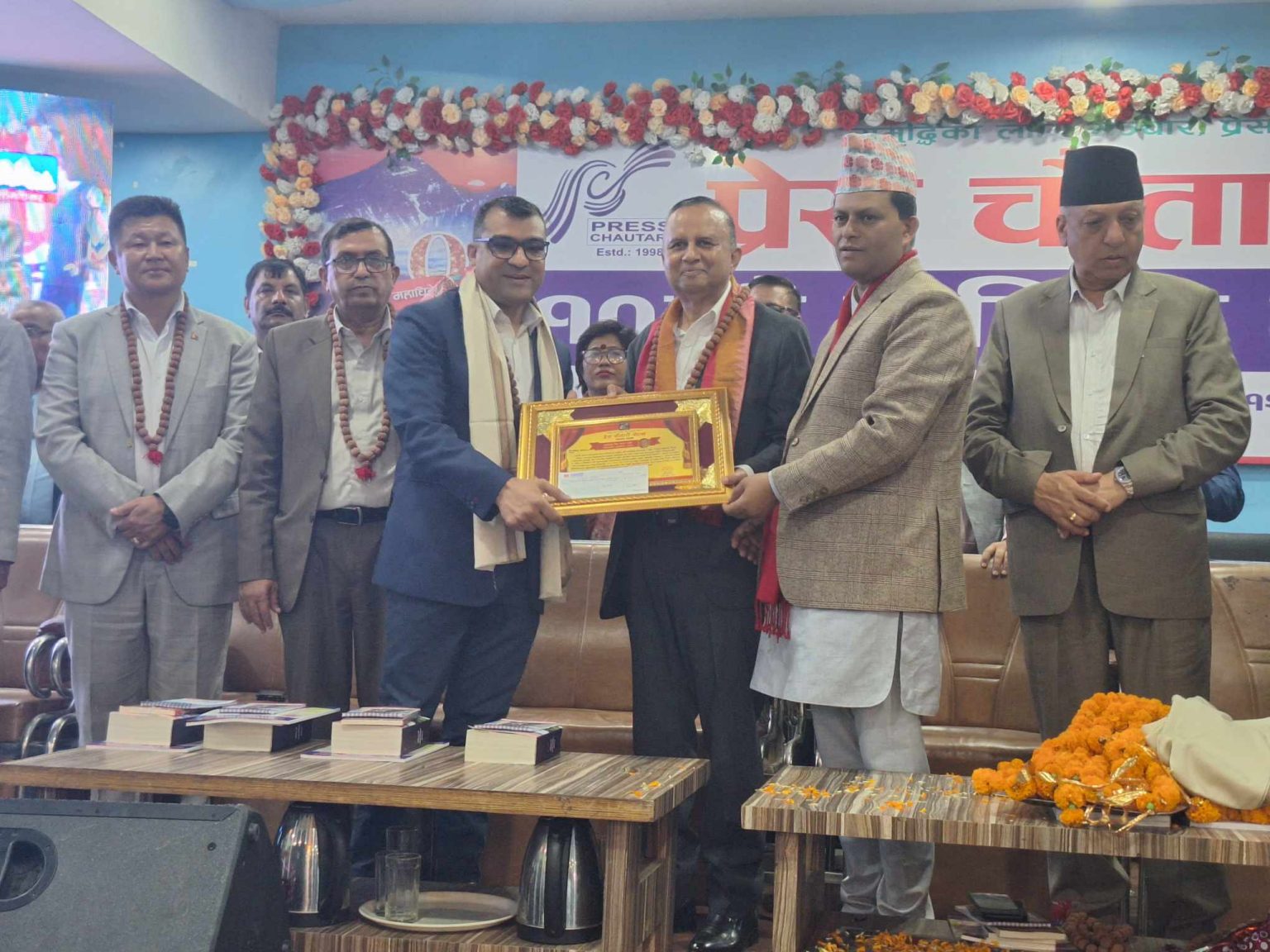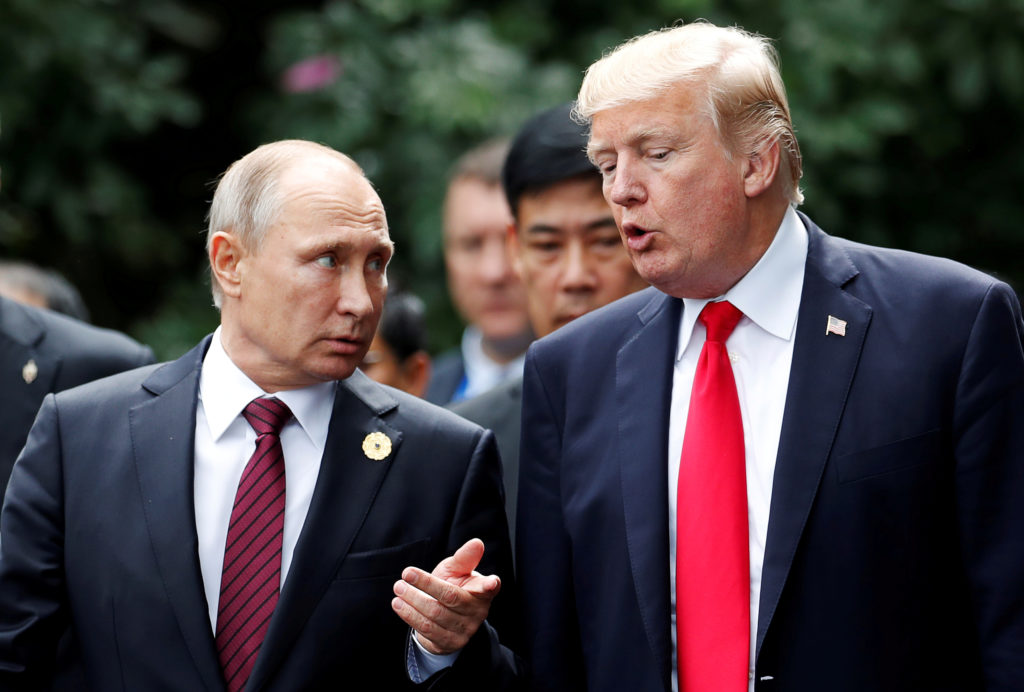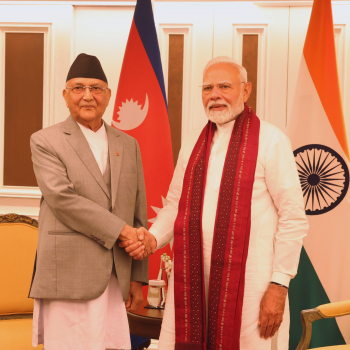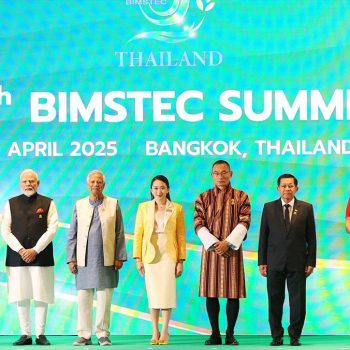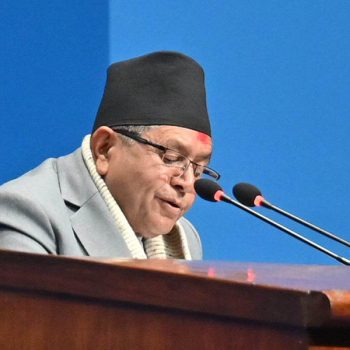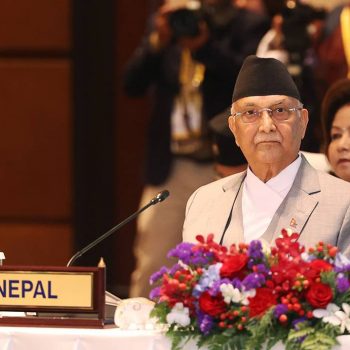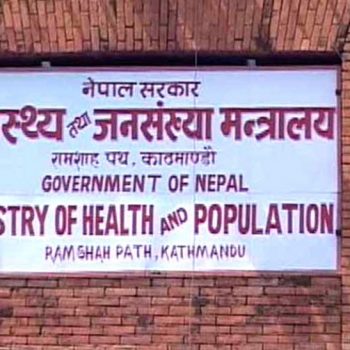COVID crisis of Nepal discussed in US Senate, additional assistance to be provided
US lawmakers conclude that situation in Nepal is dire
 NepalPress
NepalPress
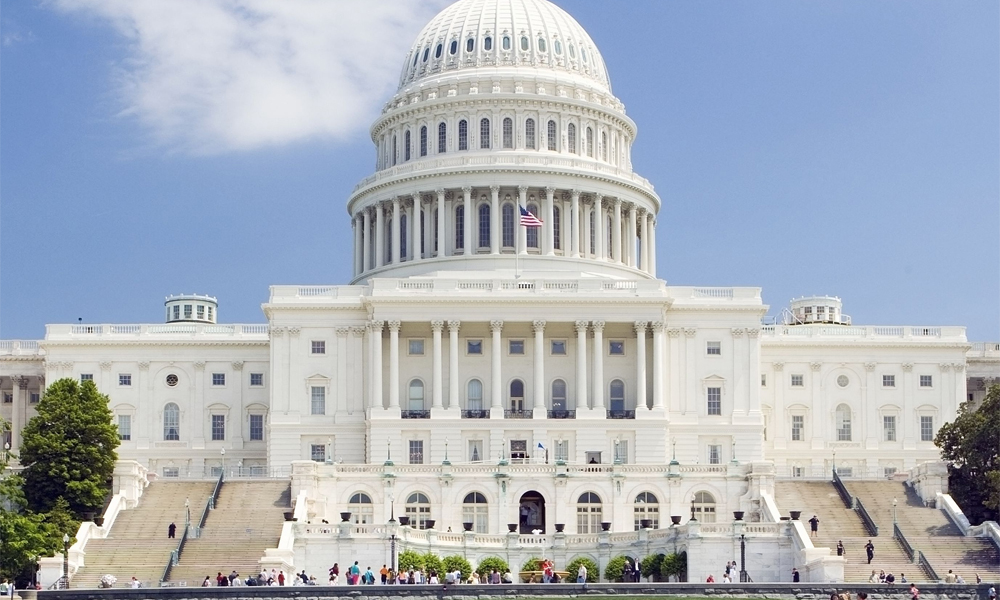
WASHINGTON: The US Senate Foreign Relations Committee has discussed the impact of the coronavirus on Nepal on Wednesday.
Senator Chris Murphy, representing the state of Connecticut in the US Senate, had targeted Nepal during the hearing on the COVID-19 pandemic and the US international response.
He said that about 30 million people in Nepal were affected by the coronavirus infection and discussed the recent assistance provided by USAID. Senator Chris expressed concern that the situation has become even more critical as India has stopped the export of health products to Nepal.
Jeremy Konyndyk, Senior Advisor to USAID for the COVID pandemic, said the situation in Nepal was dire and that most of those tested were COVID infected. He also informed the Senate that he was planning to provide additional assistance to Nepal.
Nepal’s Ambassador to the United States, Dr Yubaraj Khatiwada, said he was pleased that Nepal’s issue had entered the Senate. “Assistance from the United States to help Nepal cope with the current health crisis is more important than any other assistance in the past,” he said.
He praised the concerned US agencies and said that Nepal needed assistance in various ways and the Embassy was requesting this with the US government.
Harry Bhandari, the first Nepali-origin legislator for the US state of Maryland, has launched a signature campaign calling on the US government to help put pressure on President Joe Biden’s administration.
The United States has been providing health equipment to Nepal to fight coronavirus infection. Over the past year, USAID has provided USD 36.8 million in aid and the Department of Defense has provided USD 3.1 million in medical supplies.
As many as 250 million people in the United States have been vaccinated against the coronavirus, and vaccine production is expected to reach Nepal within a few weeks, as vaccine production continues to accelerate.


